If we didn’t know better, we would have thought the subject of such effusive praise on his 78th birthday is a leader in the mould of the great Nelson Mandela. Abubakar Bello, Governor of Niger State, described him as “the legend of our time… not only an exceptional and exemplary leader but also as a peacemaker of international repute”. Ifeanyi Okowa, Governor of Delta State, tagged him a “distinguished patriot and leader”, and thanked him for “serving the nation diligently towards keeping its unity and diversity”. Yakubu Dogara, former Speaker of the House of Representatives, praised him as “a patriot, leader par excellence and a true statesman”.
President Muhmmadu Buhari reminisced about his “courage and invaluable service to the army in protecting the sovereignty of the country”. Buhari even said “the country will continue to look up to you for guidance and wisdom”.
Of course it is okay to felicitate with Ibrahim Badamasi Babangida (IBB) on his 78th birthday, but any mention of him and ‘legend’ in the same sentence is a legendary waste of the word, a monumental distortion of history. We’re talking about a man that, had things gone his way, would have had the entire country under his stranglehold till date. Where do we begin from? Is it his anti-people policies, the multiple human rights abuses and clampdown on the media, or the long-drawn-out assault on democracy?
The gradual disappearance of the middle class in Nigeria and creation of a small class of the super-rich till date is rooted in Babangida’s corrupt implementation of the Structural Adjustment Programme (SAP). The steep devaluation of the naira, a core component of SAP, spawned a free fall of the currency from which the country still hasn’t recovered. Before the advent of SAP in 1986, one dollar exchanged for 77 kobo (1 naira = 100 kobo). With SAP, a dollar exchanged for 1.756 naira later that year, leading to an insufficiency of dollars to exchange for the available volume of naira. Companies became cash-strapped, leading to mass closure of factories, largescale loss of jobs, reduced purchasing power and rapid multiplication of poverty.
Advertisement
Maybe it would be a little too harsh to wholly blame IBB for the economic downturn triggered by his regime, after all one of his very few strengths was his ability to surround himself with some of the finest brains around. But he will have no company when the blame is being handed out for the desecration of the fourth estate during his eight years of military reign. The very media with which his sycophants circulated his 78th birthday wishes on Saturday is the institution he relentlessly sought to cripple while in power. This was a man who popularized guerilla journalism, forcing journalists to break up into small groups that held editorial meetings at unimaginable locations, including garages. IBB hounded the media with all his might; he shut down any newspaper for as long as he wished if he disliked any of their stories. In 1993, for instance, he closed down THENEWS for six months over a cover story exposing his tactic of hanging on to power through bribery, gifts, patronage, deceit and elimination of his political enemies. He declared the five founding editors of the paper — Bayo Onanuga, Dapo Olorunyomi, Babafemi Ojudu, Seye Kehinde and Kunle Ajibade — wanted, each of them subsequently enduring harassment by security agents or outright imprisonment. When THENEWS ditched its name and re-emerged as TEMPO, IBB sent armed soldiers to the streets to clear its inaugural copies. Before that, in April 1992, he had shut down Concord Press over the story, ‘Has IBB Given Up?’ — a piece criticising his tacit admission that his regime had become incapable of fixing the economy. Earlier, way back in 1987, he had frozen the account of Newswatch, also for six months, for publishing an advance report on the Cookey Political Bureau, consequently scuppering any possibility for IBB to tinker with it. Not even the foreign media was spared of Babangida’s rage. After 18 months of covering Nigeria, William Keeling, a journalist with the Financial Times of London, was bundled out of Nigeria like a common criminal in 1991 for penning a piece on regime’s use of the windfall it had earned from higher oil-export earnings during the Gulf crisis. Keeling had written that for one little item as an aluminum smelter, for instance, the Babangida regime was paying up to twice the price of similar smelters in the world — to a company owned by then Finance Minister, Alhaji Abubakar Alhaji, better known as Triple A. And to cap it all up, there is the assassination of Dele Giwa, still unresolved 33 years after.
Without being said, IBB will remain perpetually associated with the truncation of Nigeria’s freest and fairest election ever, with an annulment that set off a spate of events that would eventually culminate in the death of the winner (never mind that it took election umpire Humphrey Nwosu 25 years to admit it), MKO Abiola. Several decades have passed yet IBB has not yet been able to offer a clear-cut explanation for the action, and has passed up every opportunity to apologise to Nigerians for setting back our democratic journey by six harrowing years. More bafflingly, IBB continues to blatantly refuse to acknowledge Abiola as the legitimate winner of the election. In an interview as recent as July 2018 — and IBB rarely grants media interviews — he was asked if MKO indeed won the election. This was after Buhari had recognized June 12 as the authentic Democracy Day and bestowed Abiola with the highest national honour, the Grand Commander of the Federal Republic (GCFR) — an award reserved only for presidents. The reply was that Abiola was only “on the verge of winning”. Pressed further, he added: “…I think I would be deceiving myself if I say he has won.”
Followers of Nigerian politics and students of history know all these and many more already, but any attempt, deliberate or unintended, to manipulate history to Babangida’s favour should be resisted by restating the bad news that he was to Nigerian democracy. If the man himself is interested in knowing his true standing with Nigerians, including the political elite fawning over him, he must look no further than the quick-fire capitulation of his ambition to return to power via the ballot in 2007 and 2011. IBB should not allow himself to be deceived by the likes of Buhari claiming Nigerians will continue looking up to him. Maybe a few political sycophants around him will pretend to, but despite all his wealth and power, the generality of Nigerians whose lives he made miserable will always look down on him — either at 78, 88 or 98.
Advertisement
Soyombo, former Editor of the TheCable, the International Centre for Investigative Reporting (ICIR) and SaharaReporters, tweets @fisayosoyombo
1 comments

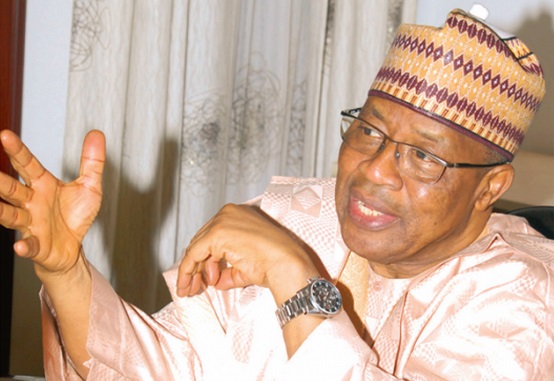
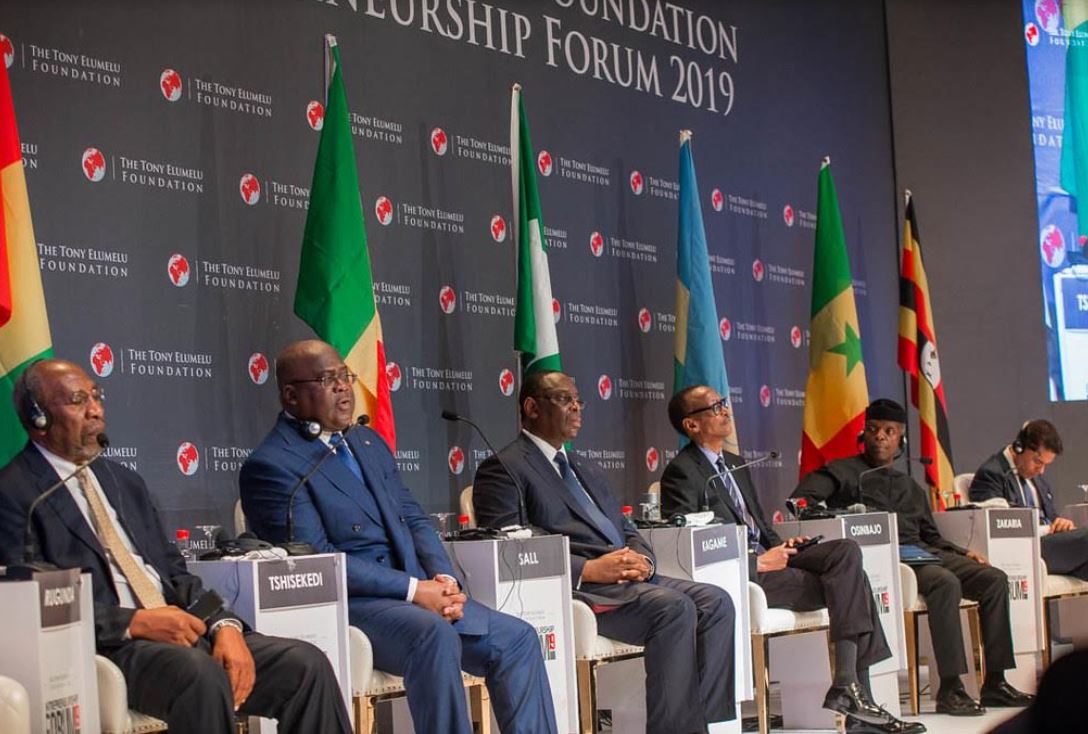
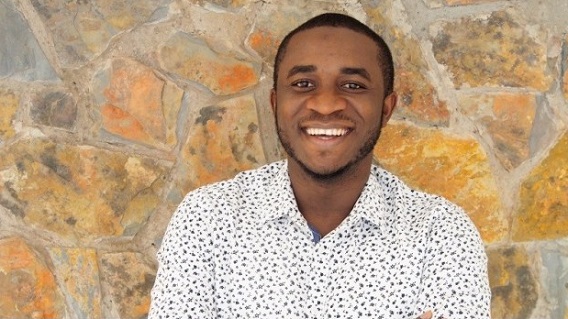
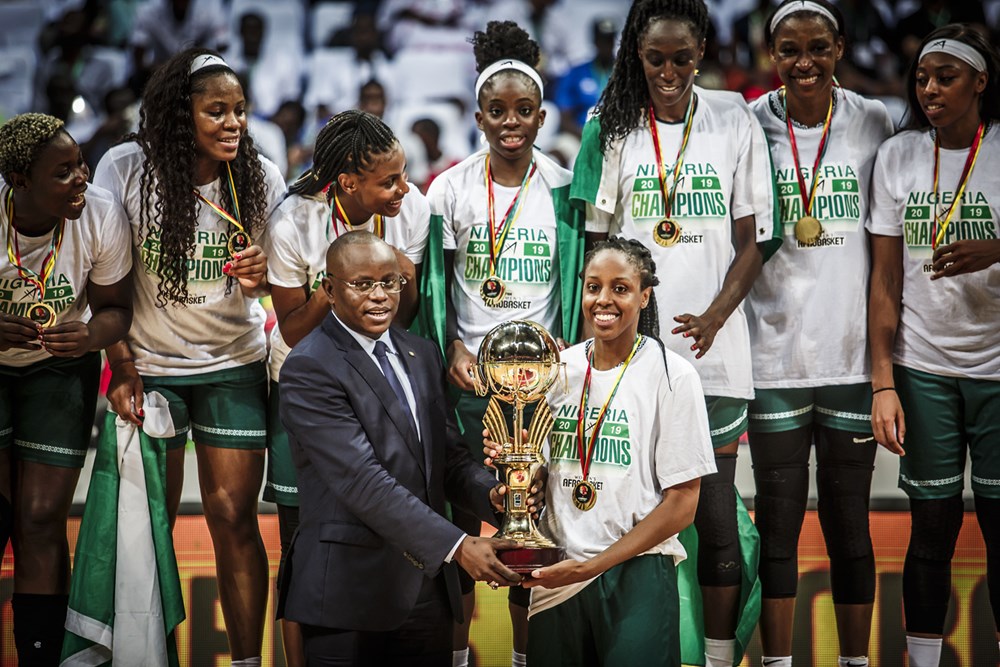

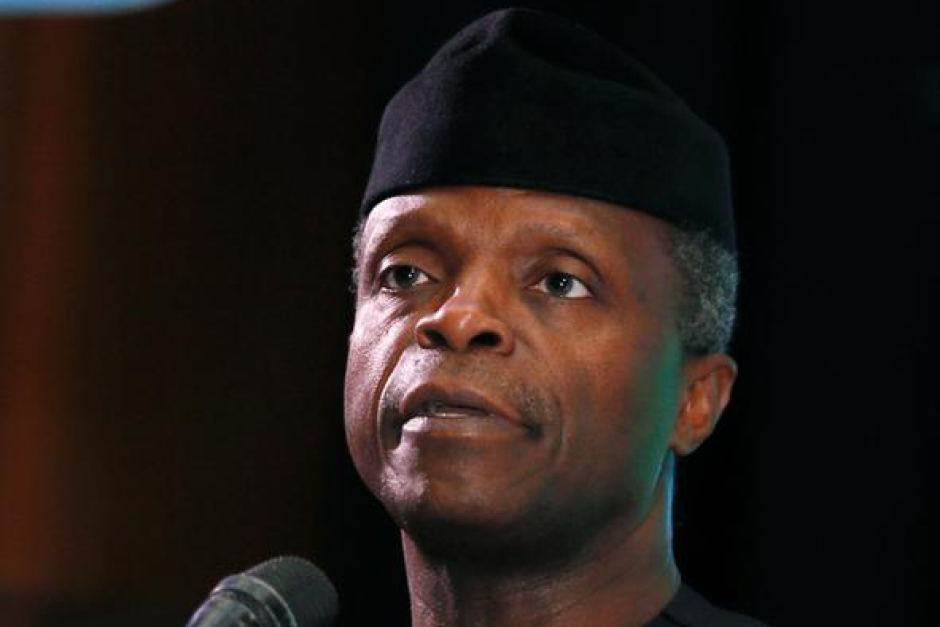
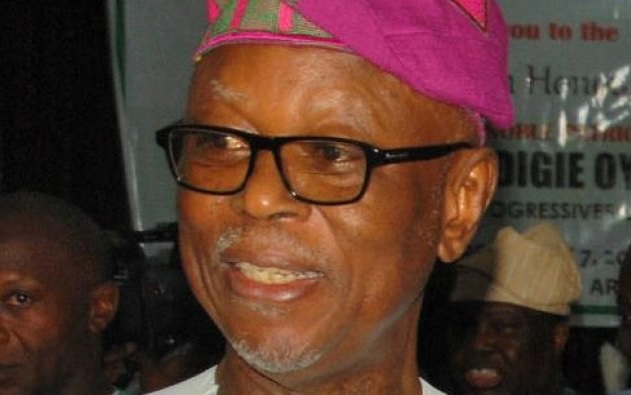
You did not mentioned any achievement of IBB. Are you subjective or objective?